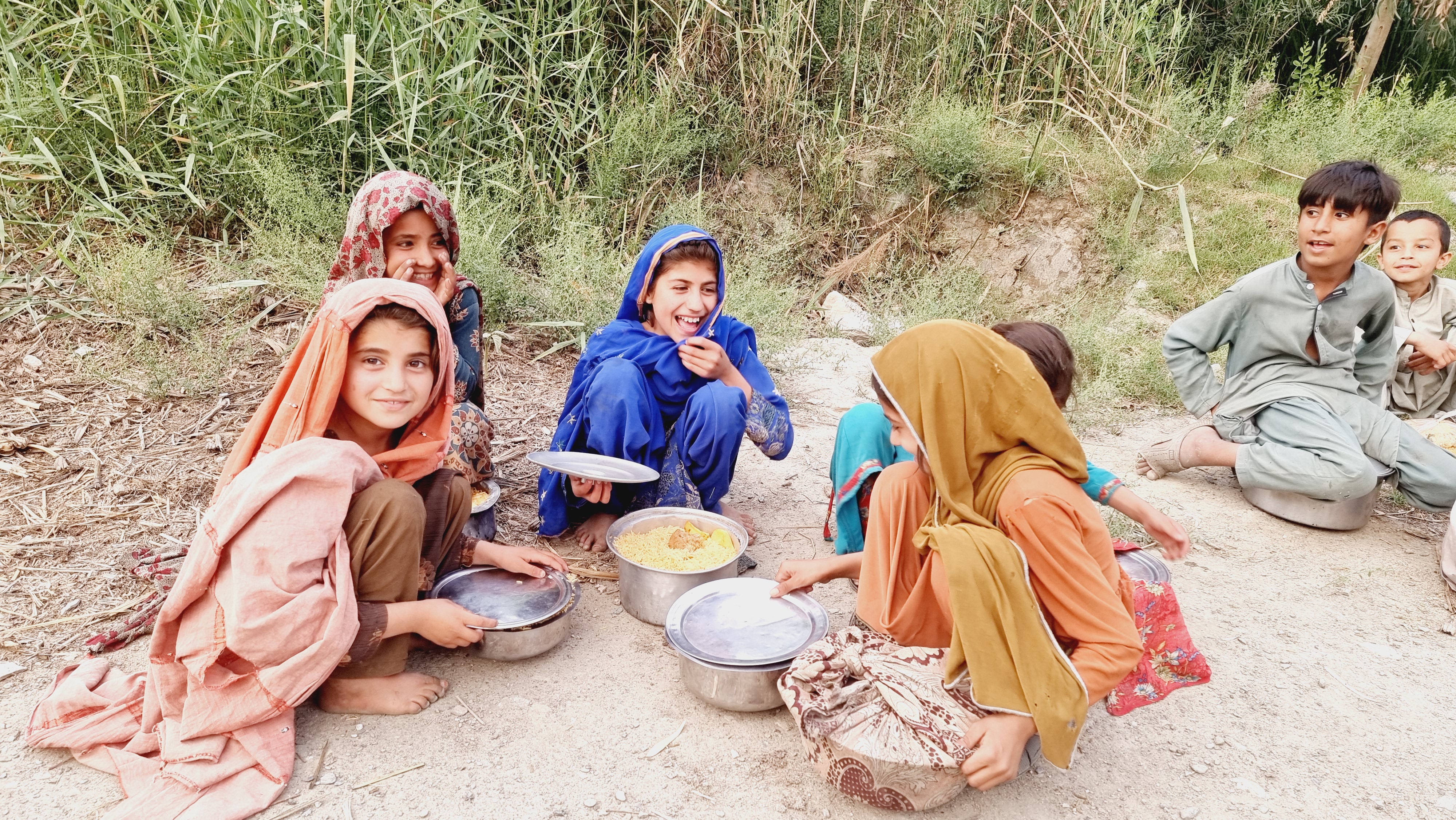
Afghanistan is affected by insecurity, infrastructure decay, and economic stagnation caused by decades of conflict, recurring natural hazards, and protracted multiple displacement. The pandemic’s devastating effect, combined with the continued high levels of violence, has brought one of the world’s poorest countries to the brink, the office of the Special Inspector General for Afghanistan Reconstruction (SIGAR) said in its quarterly report, warning that the country “is headed for a humanitarian disaster.”
About one-third of Afghanistan’s estimated 32.2 million people were either in a crisis or an emergency state of food insecurity, the report warned. Much of the population in Afghanistan is unable to meet the basic needs of life. The COVID-19 pandemic has compounded the preexisting public health challenges of inadequate access to protective shelter, food, clean water, or proper medical help. According to the World Bank, the poverty level jumped from 54% last year to 70% during the pandemic, with more than half the population living on $1.14 a day. As a result, about 56 out of 1,000 children born in Afghanistan do not live past their first birthday. A large percentage of Afghans do not have access to clean drinking water leading to infectious disease outbreaks associated with poor water quality and lack of sanitation services.
Please donate today and help break the chains of poverty.
DONATE TODAY